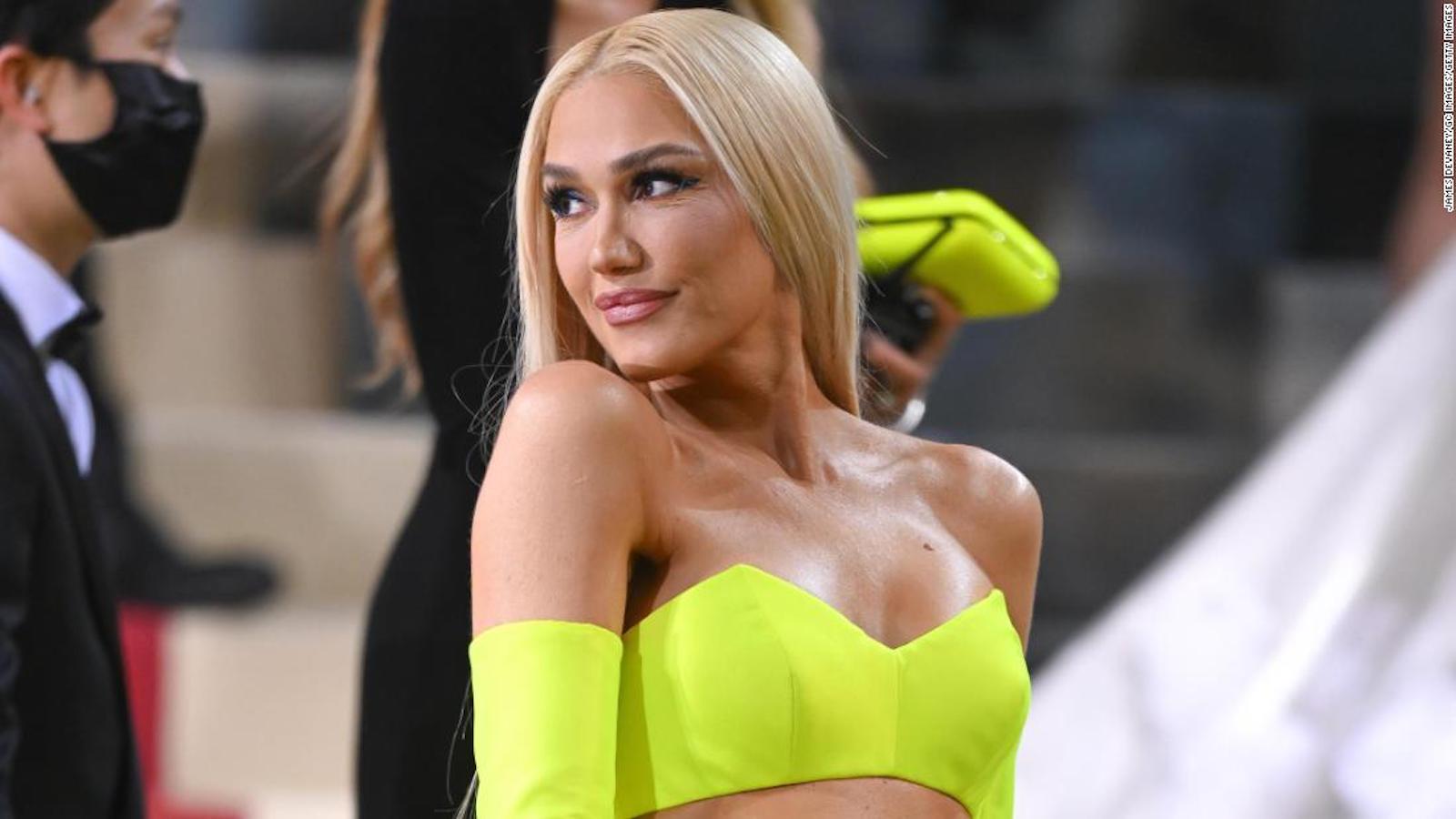Gwen Stefani.
(CNN) --
Music star Gwen Stefani has come under fire for comments she made about her affinity for Japan during an interview with Allure magazine while promoting her beauty brand GXVE.
In the article published on Tuesday, Stefani, 53, spoke at length about her Japanese influences.
She at one point told the writer Jesa Marie Calaor, as she recalled a trip to Japan: "My God, I'm Japanese and I didn't know it."
The comment came after being asked about her previous cosmetics endeavors, specifically her 2008 "Harajuku Lovers" fragrance collection.
Released immediately after his solo album "Love.Angel.Music.Baby", the marketing and visuals of both the "Harajuku Lovers" perfume and the original record were heavily inspired by the colorful Japanese subculture.
In the early 2000s, Stefani regularly appeared on the red carpet with an entourage of four Japanese ballerinas: Maya Chino (nicknamed "Love"), Jennifer Kita ("Angel"), Rino Nakasone ("Music"), and Mayuko Kitayama. ("Baby").
Cultural appropriation: what it is and why it is so controversial
Stefani during the 2004 American Music Awards with her Japanese dancers. (Credit: Jon Kopaloff/FilmMagic/Getty Images)
Stefani has been criticized in recent years for her alleged appropriation of Japanese culture during the 2000s.
advertising
Calaor, who is a Filipino American, asked Stefani if she had learned anything from this period in her career.
In response, Stefani opened up about her father's regular business trips to Japan, explaining that he came back with stories that were "fascinating" to her, before telling Calaor that she thought she was Japanese when she first visited the Harajuku area in Tokyo.
She later also referred to herself as a "superfan" of the culture.
"If (people) are going to criticize me for being a fan of something beautiful and sharing that, I think it's not right," he told Calaor, defending his Harajuku era.
"I think it was a beautiful moment of creativity...a ping-pong game moment between Harajuku culture and American culture," Stefani continued.
"If we didn't buy, sell, and trade our cultures, we wouldn't have such beauty, you know?"
Is it cultural appropriation to wear the national costume of a country when you travel?
Stefani's representatives did not immediately respond to CNN's request for comment on the article or a subsequent social media response.
Calaor described her discomfort at Stefani's comments, particularly in the "sobering" context of rising racism toward Asian American and Pacific Islander (AAPI) communities in the United States.
"I envy anyone who can claim to be a part of this vibrant and creative community, but avoid the part of the narrative that can be painful or terrifying," she wrote.
On social media, negative reactions to Stefani's interview range from bewilderment to anger.
"Gwen Stefani's publicist must be busy today," read a tongue-in-cheek tweet from American author Roxane Gay, while The Cut reporter Olivia Truffaut-Wong accused Stefani of using "Asian women as props to help her get rich." .
According to Allure, Stefani's team reached out the day after the interview, stating that Calaor had "misunderstood" what Stefani was trying to say, but did not respond to a request for a follow-up interview or offer for clarification of the comments.
gwen Stefani








/cloudfront-eu-central-1.images.arcpublishing.com/prisa/ADJVOBGQTFEWRA3GTWEPGK5D7Y.jpg)
